(October 21, 2022) Whether it is expanding his production house UTV’s footprints in Southeast Asia, taking inspiration from the US’ Sam Walton and Walmart to pioneer home shopping in India, or manufacturing toothbrushes from machines brought from London, Ronnie Screwvala, has always given India a taste of the world, and the world a taste of India.
The philantropreneur has been widely recognised not only for his innovative and successful business ideas but also for his philanthropy, done largely in partnership with his wife, Zarina. Ronni is one of Esquire’s 75 Most Influential People of the 21st Century, has been listed as one of the 100 most influential people in the world by Time, and named among Asia’s 25 Most Powerful People by Fortune magazine.
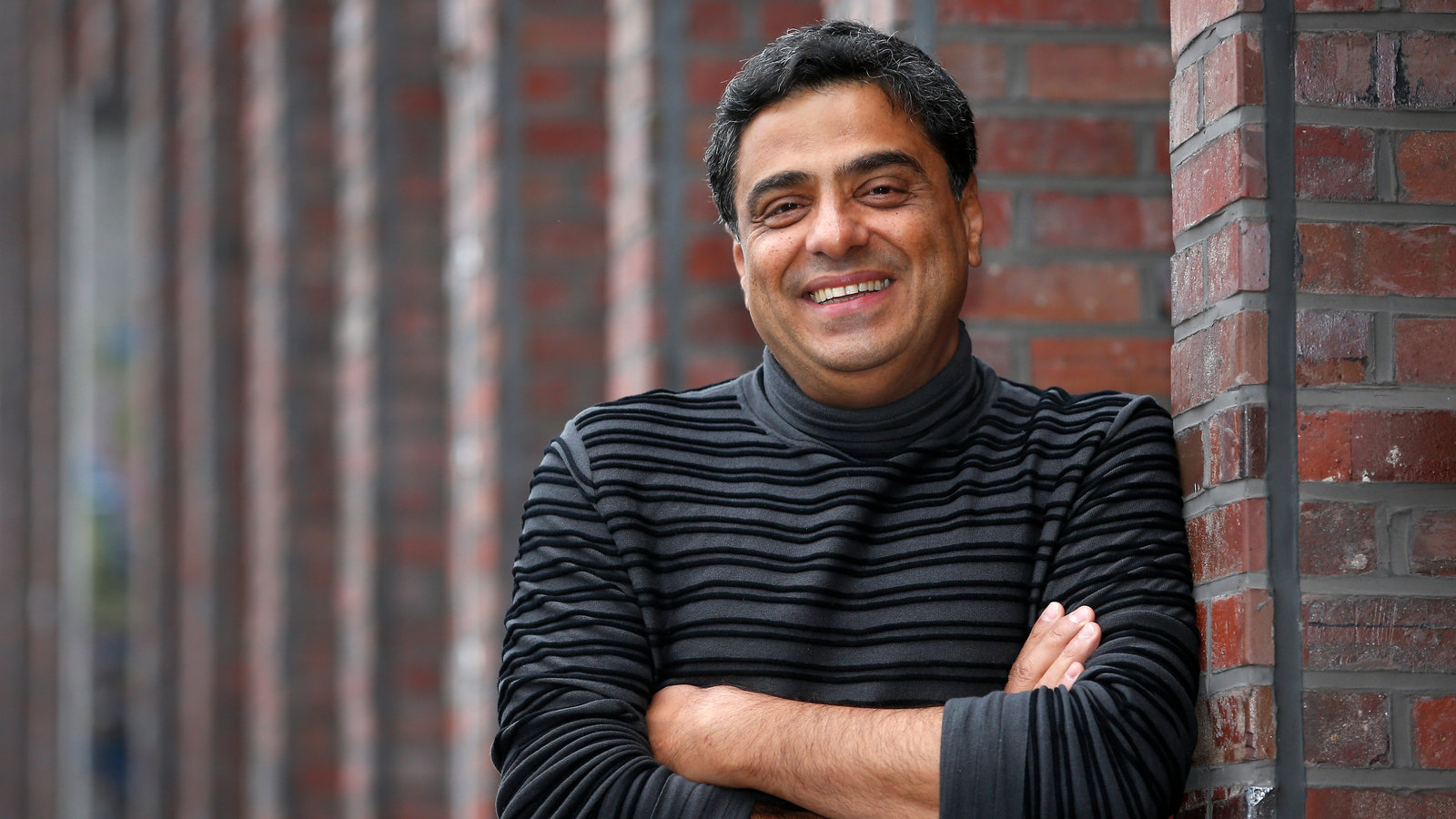
Ronnie Screwvala, philantropreneur
As India basks in the glory of 75 years of independence, this first-generation entrepreneur has made his own contribution to the nation by developing 75 model villages in rural Maharashtra. His Swades Foundation, named after the widely acclaimed movie, Swades, that he produced in 2004, has impacted 27,00 Maharashtrian villages so far. Each of his 75 model village had to meet a set of some 40 parameters to qualify as a ‘Swades Dream Village’. These parameters were divided into buckets of 5S’s – Swachh (Clean), Sundar (Beautiful), Swasthya (Access to Health Care), Sakshar (Educated), and Saksham (Self-Reliant).
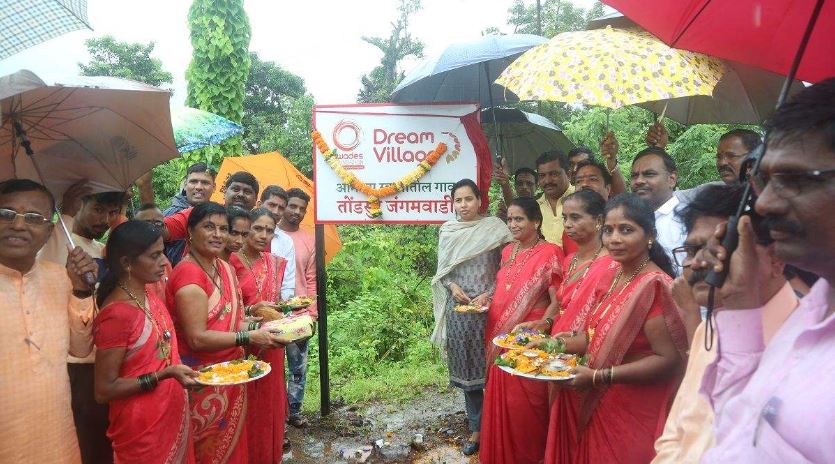
One of the dream villages by Swades Foundation
Every rural household in these 75 model villages has access to an individual toilet, potable drinking water through taps at home, access to healthcare services, education and a diverse range of livelihoods, thanks to Ronnie and Zarina’s relentless efforts to make a difference. Inspired by the success, the philanthropic couple look forward to scaling up by building 750 dream villages across Maharashtra and beyond in the years to come.
Now why won’t they celebrate and dance if their village becomes a Dream Village @WeAreSwades – on this Independence Day 🇮🇳- #75DreamVillages-75thIndependenceDay 🇮🇳 pic.twitter.com/8lWfTndz5n
— Ronnie Screwvala (@RonnieScrewvala) August 15, 2022
The foundation
With the belief that India will witness a real growth story only when the rural population is empowered to make choices and transform their own lives, Ronnie founded SHARE (Society to Heal Aid Restore Educate) two decades ago.
SHARE was renamed the Swades Foundation after the success of the Shahrukh Khan starrer whose character was somewhat based on Ronnie’s urge to give back. The foundation has been working with the mission to empower one million lives through 360-degree development across health, education, water, sanitation and economic growth. Ronnie aspires to create a development model that can be replicated across India and the world.
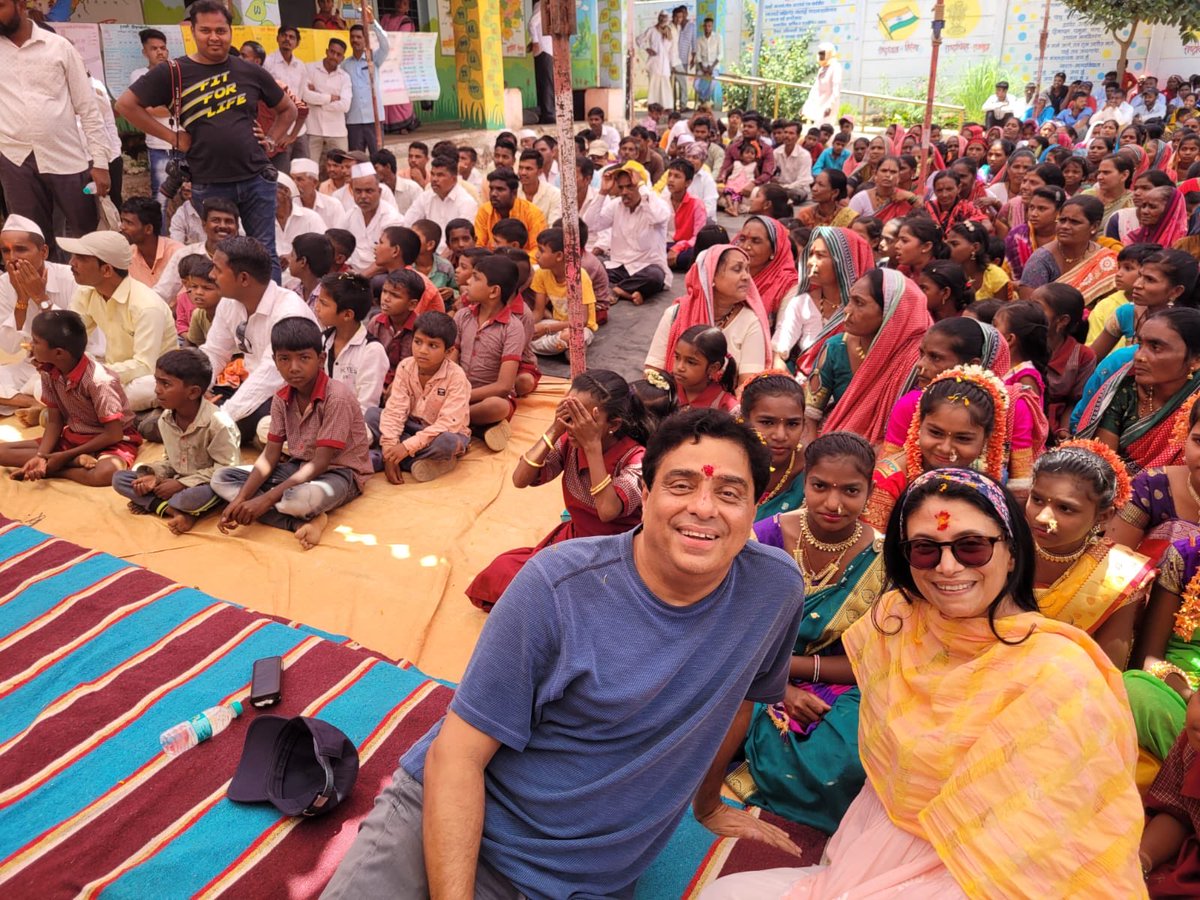
Ronnie and Zarina Screwvala at one of the village events
If not now, then when? — If not here, then where? — If not you, then who?”
Asks Ronnie in his message on Swades Foundation’s website.
Then and now
Famous for founding the media conglomerate, UTV Motion Pictures, the first-generation entrepreneur, Ronnie started out in 1980’s with a capital of ₹37,000, and a small team in a tiny basement office in Mumbai. Over the course of a career spanning three decades, he has constantly demonstrated creativity, innovation and a strong business acumen in his multiple business ventures to reach the pinnacle.
His foundation, with a 350-member strong team and more than 1,000 volunteers strives to find and execute solutions to the multiple challenges that rural India is facing. The Screwvalas are working on a collaborative model, tying up with multiple partners which include NGOs, other foundations, the government and corporates to change the rural picture of Maharashtra.
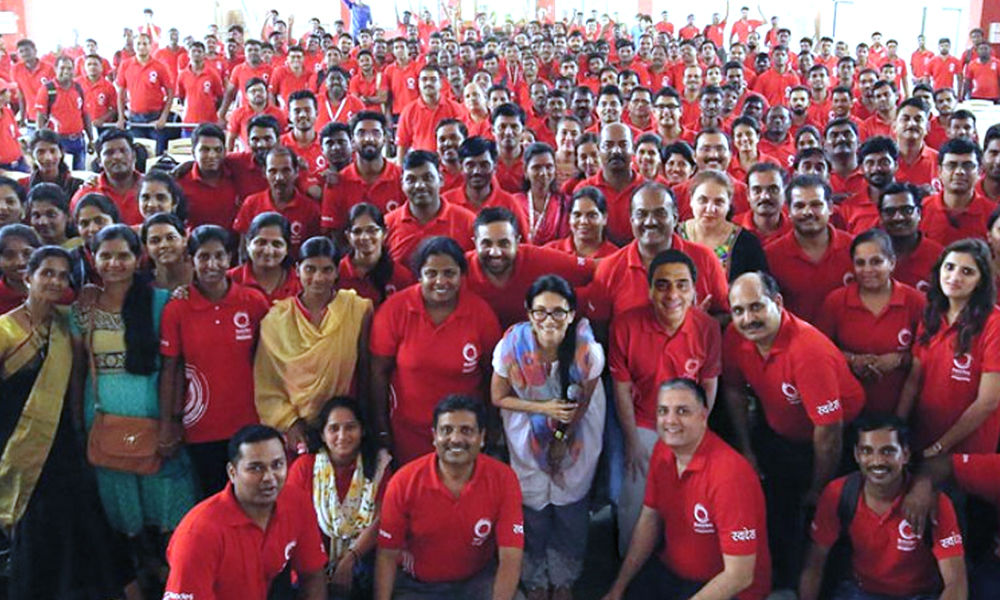
Ronnie and Zarina Screwvala with Swades Foundation team
With the determination to create communities that will have the ability to contribute substantially to India’s growth story, Swades is active in two thousand villages and is working on water, sanitation, health, education and livelihood opportunities. Some 471,000 people have been impacted so far.
Glitzy childhood despite limited resources
Ronnie had the sharp mind of an entrepreneur from the very beginning. Born into a Parsi family, he grew up in a tiny house in Mumbai opposite Novelty Cinema, then one of the city’s most famous cinema halls, which hosted red carpet premieres of movies. His veranda was the ideal place to have the fulfilling glance of superstars attending film premiers. At just 10, little Ronnie started selling tickets to people to stand in his balcony, from where they could catch a glimpse of the stars and take pictures. When the little entrepreneur decided to branch out into selling visitors snacks, his plans were thwarted sternly by his grandparents.
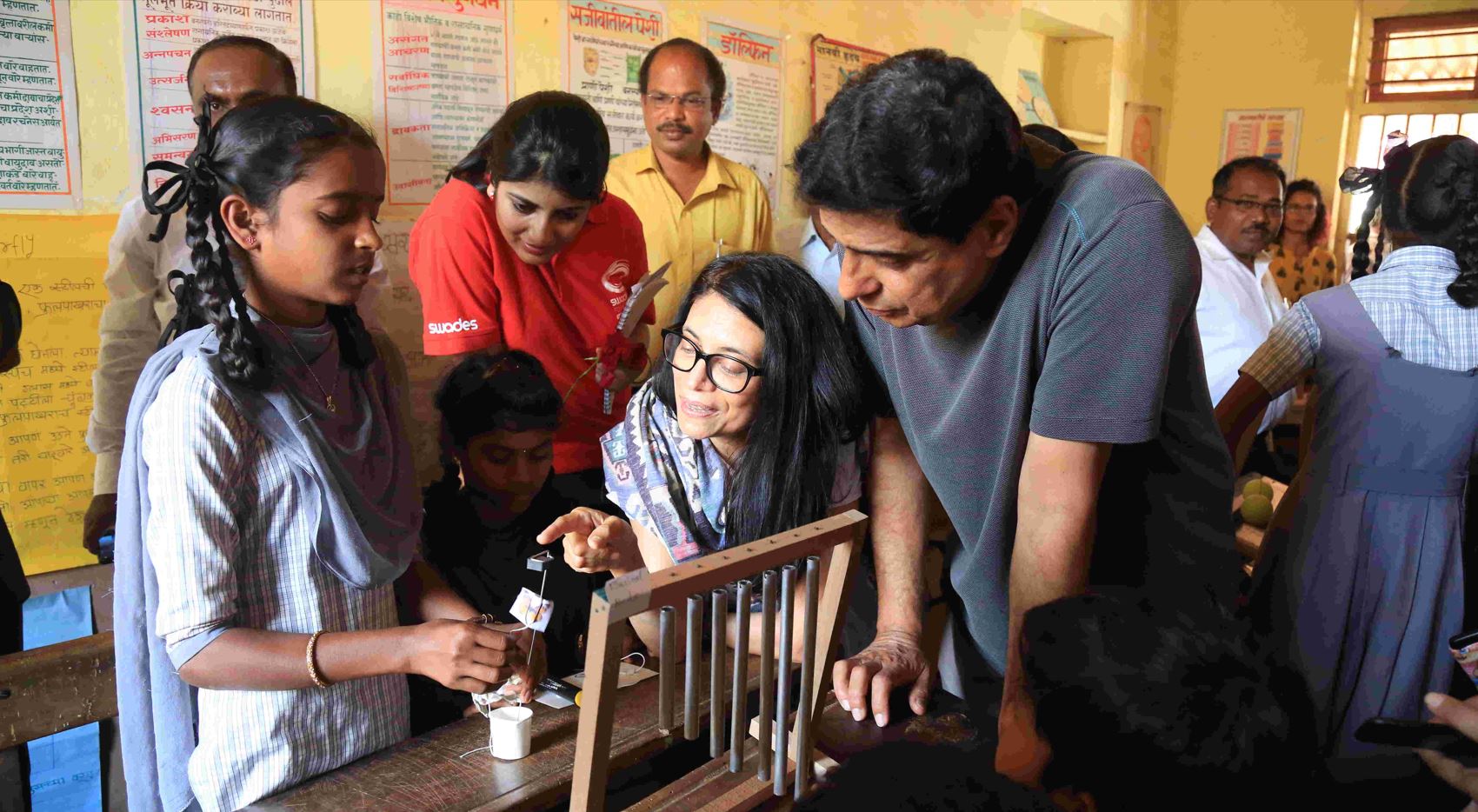
Swades and his wife Zarina at one of the villages they support
His entrepreneurial spirit remained intact, however and young Ronnie continued to produce a stream of ideas to make money. He would even organise events in his locality and make some money from them. Talking about his childhood he writes in his book, “I lived there (opposite to Novelty Cinema) until sixteen, privileged enough to go to a school where most of my classmates came in cars while I waited forty-five minutes for the B.E.S.T bus to arrive.”
He writes in his book, Dream with Your Eyes Open: An Entrepreneurial Journey:
Instead of undermining my confidence, my childhood instilled in me philosophies and ways of thinking that stuck with me later when opportunities kicked into warp speed – Ronnie Screwvala
From abroad to India
As he grew up, he tried his hand at theatre, and many innovative business ideas, which not only found success but gave the people of India a new set of experiences. During a trip to the UK to enhance his television anchoring skills, Ronnie visited a toothbrush manufacturing plant with his father, who was there on work as employee of a personal care company.
When he discovered that factory owners were about to decommission two machines that were in pretty good condition, he came up with an idea of his own. With little know-how and even less money in hand, Ronnie took a big business risk, shipping the machines to India. For the next few months, he worked to bring big brands like Colgate and P&G on board as purchasers of the toothbrushes manufactured with his UK-made machine. The entrepreneur was able to sell more than 5 lakh tooth brushes in the first year.
Pioneering cable TV revolution of India
In addition to pioneering initiatives in many industries, the Global Indian introduced cable TV in India at a time when people did not know anything beyond Doordarshan. His pilot project in Mumbai of introducing the idea of remote control run TV had failed initially, despite his extensive efforts of door-to-door visits to make people understand the new technology. People were just not ready for the idea, mainly because it was so expensive.
I am often asked questions about my various entrepreneurial experiences, and most want to hear about the success. Why don’t they ask about the failure. It would give me more to talk about – Ronnie Screwvala
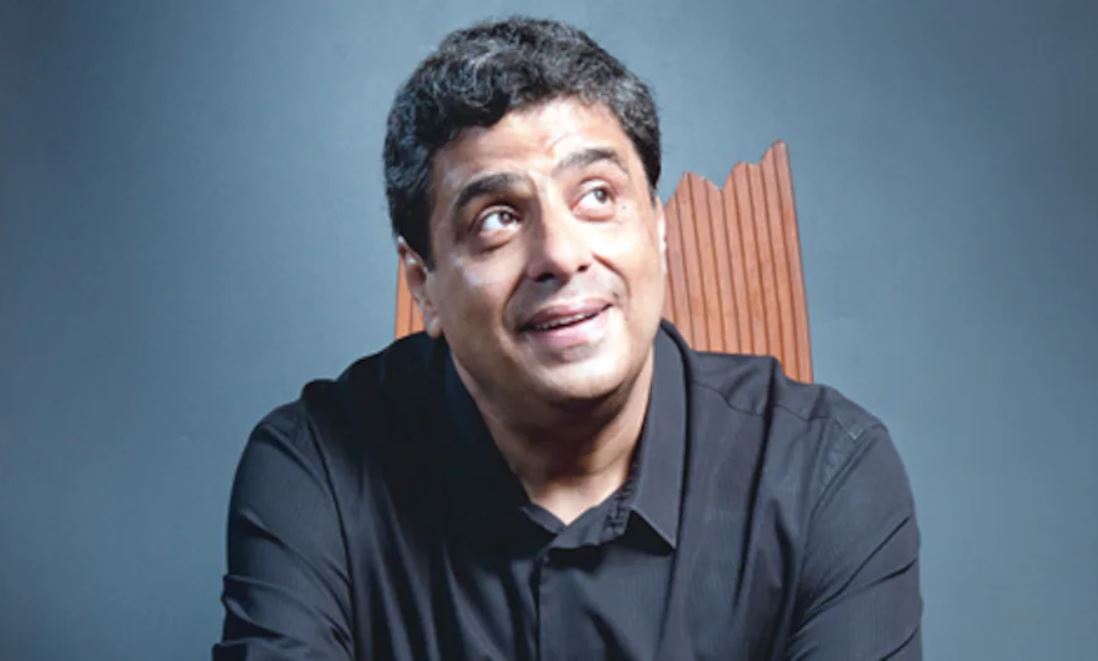
Ronnie began collaborating with hotels, which installed cable TV in their room. He grew his potential customer base in this way, as guests from these hotels decided they wanted the technology at home, too. Charging ₹200 per month for a connection he had soon enjoyed a customer base of thousands of households. He also produced ‘Shanti’, India’s first daily television drama, inspired by the hugely popular soap operas in the West. His desi kids’ channel, Hungama, telecasted anime shows like Doraemon and Shin-chan were other international concepts he brought to India.
Life as glamorous as the movies
Ronnie Screwvala’s UTV produced and distributed more than 60 movies, most of which have been big box office successes. He sold UTV to Disney in 2012 for a whopping ₹2,000 crores.
Moving on from films to education he co-founded upGrad, an online education platform focused at providing industry-relevant programs specifically for working professionals. He turned writer in 2015 with his first autobiography, Dream with your eyes Open: An Entrepreneurial Journey. His second book, Skill It, Kill It, was released last year.
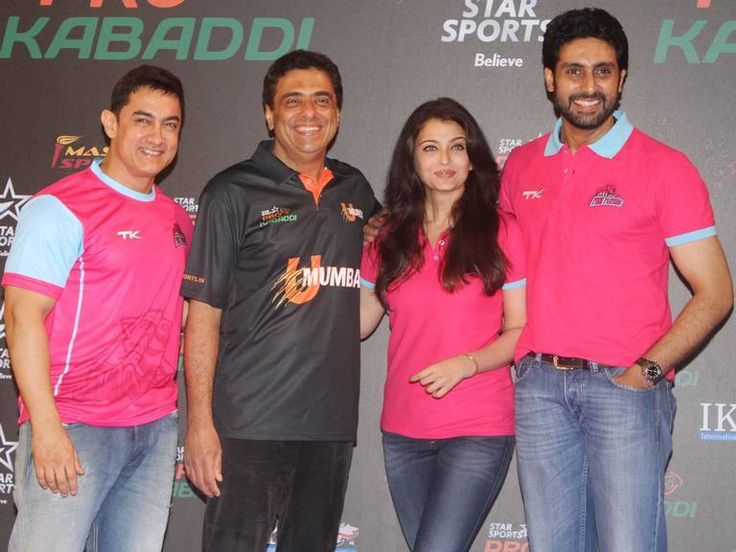
Ronnie Screwvala with Amir Khan, Aishwarya Rai and Abishek Bachchan
Ronnie’s love for telling stories did not die after he sold off UTV Motion Pictures, and he started a new company, RSVP Movies, that has released films like Uri- the surgical strike, and the Sky is pink. Apart from running other businesses the philantropreneur is a sports buff. He not only plays kabbadi, he also owns a Kabbadi team called U Mumba.
In his book Dream with Your Eyes Open, he writes “Risk isn’t about rushing headlong into uncertain situations. It means pushing the envelope when others want to take the safe route, and caring about potential rewards than possible losses.” With this attitude, the ace entrepreneur has gained enough to make life rewarding for not only himself but lakhs of people in villages of India.


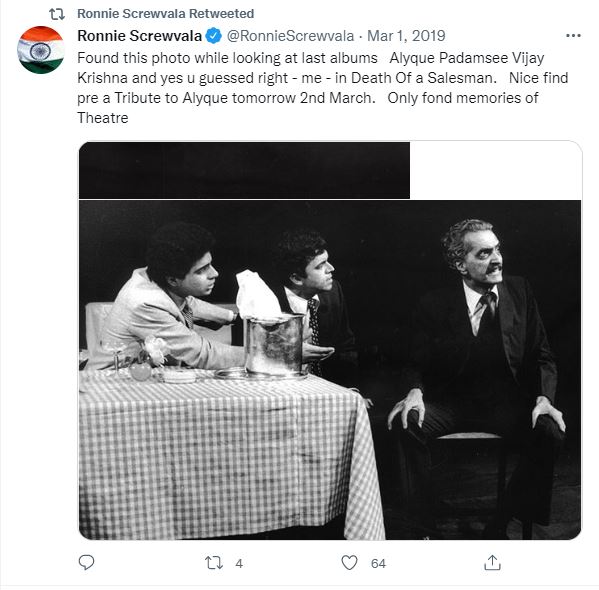


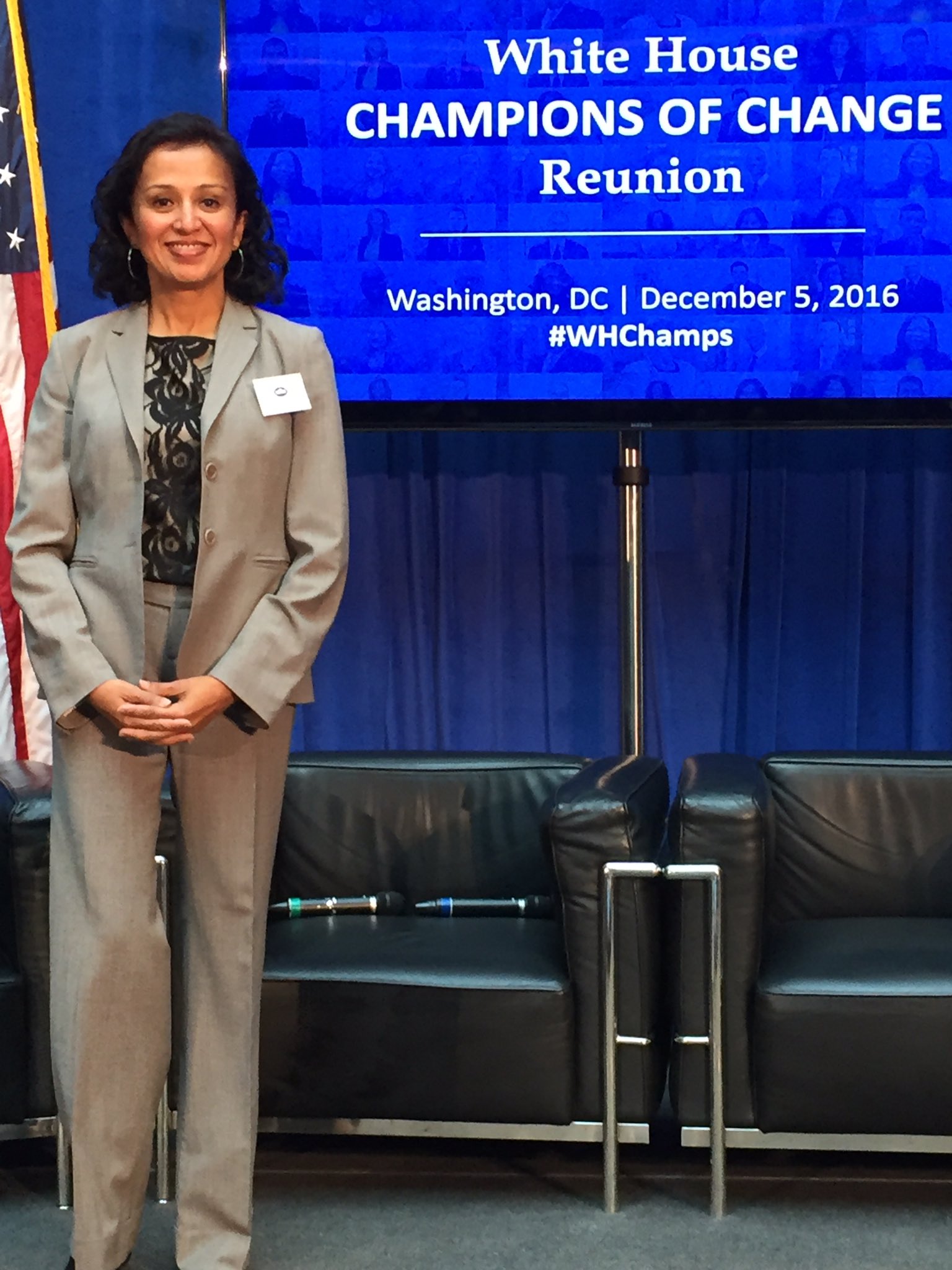
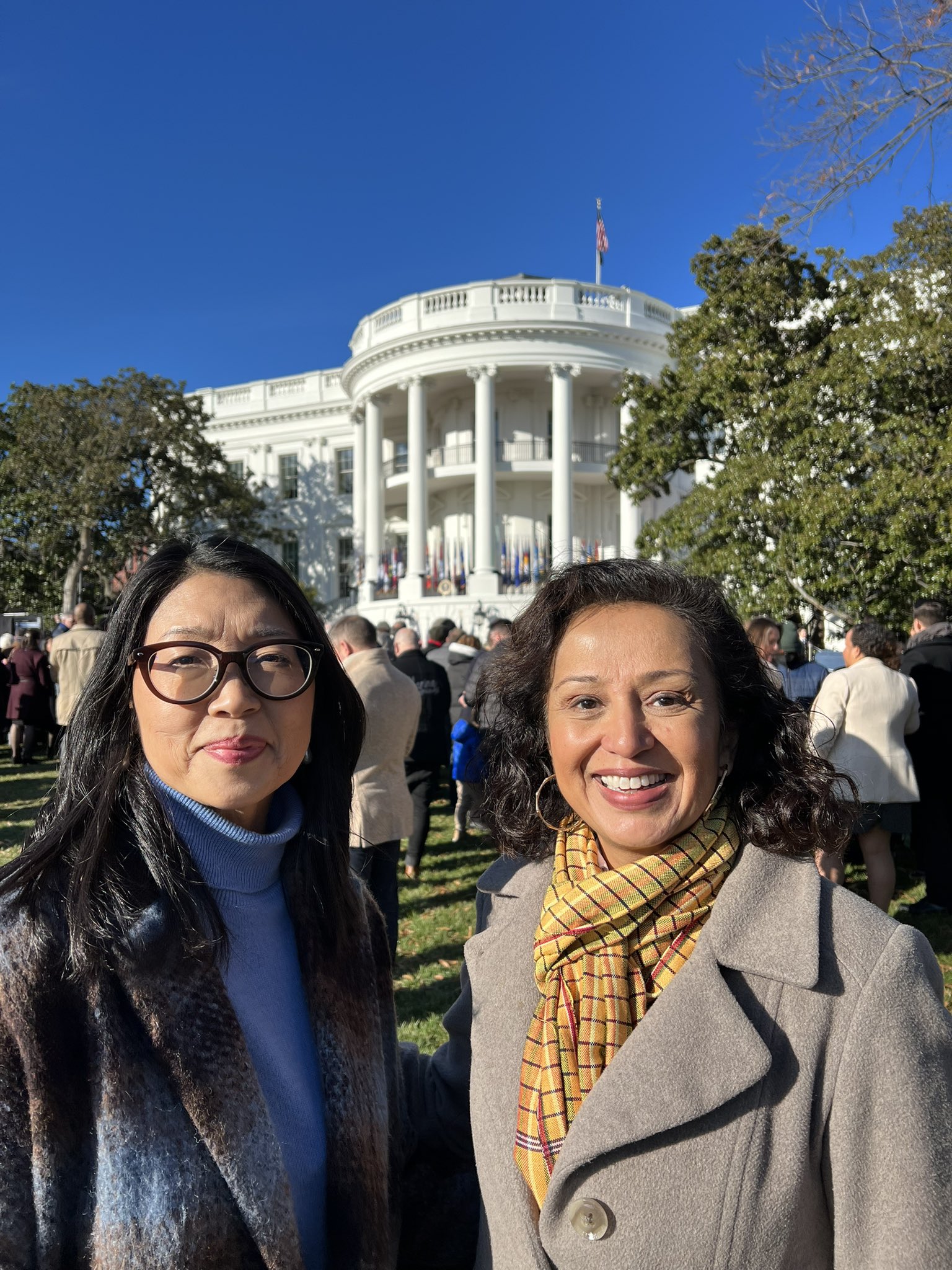
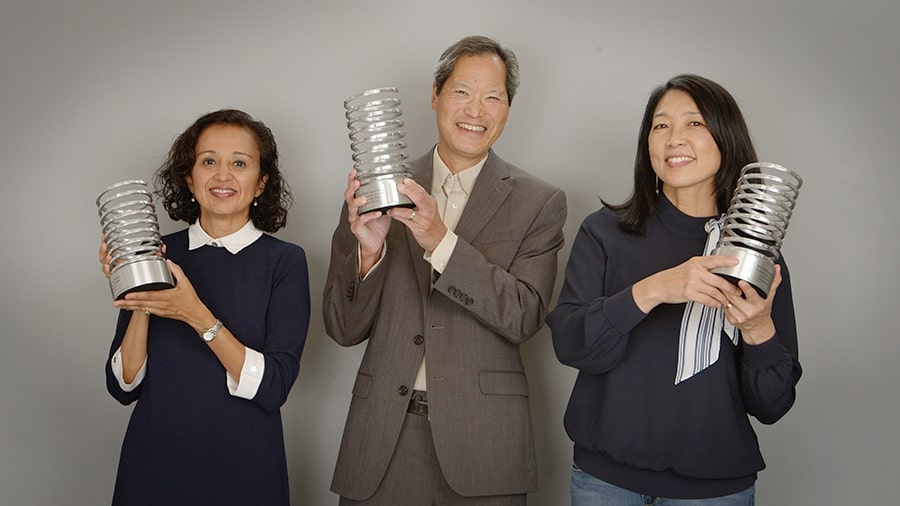
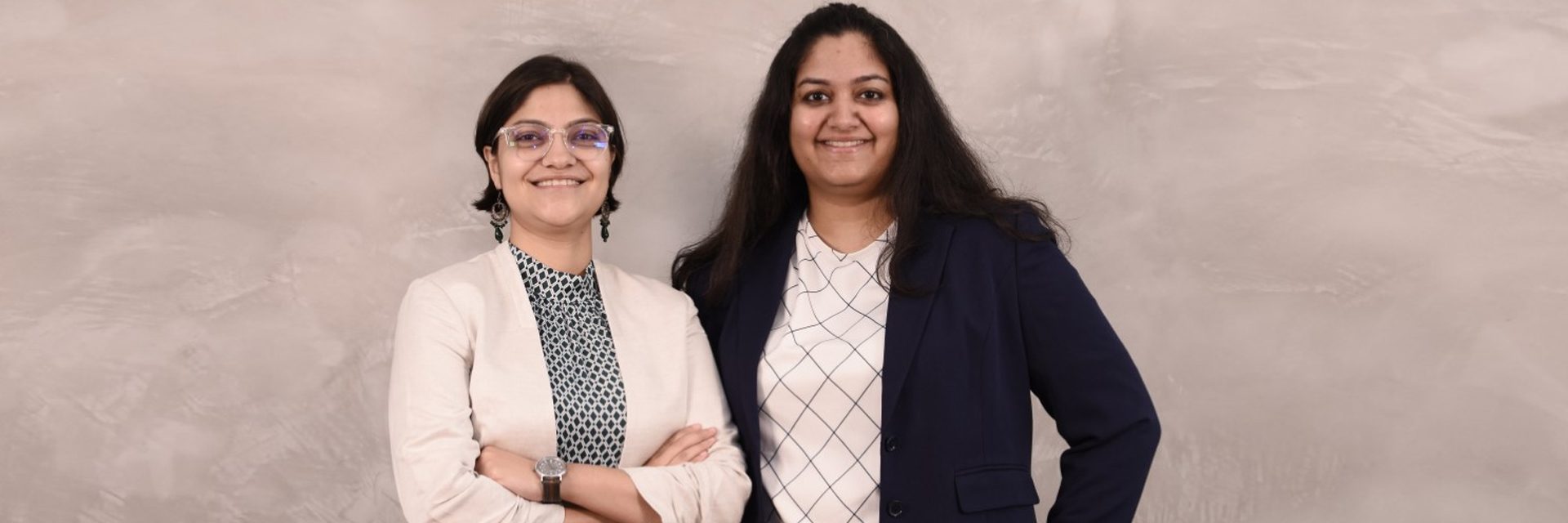
 Dr Praapti Jayaswal[/caption]
Dr Praapti Jayaswal[/caption] Avlokita Tiwari[/caption]
Avlokita Tiwari[/caption]
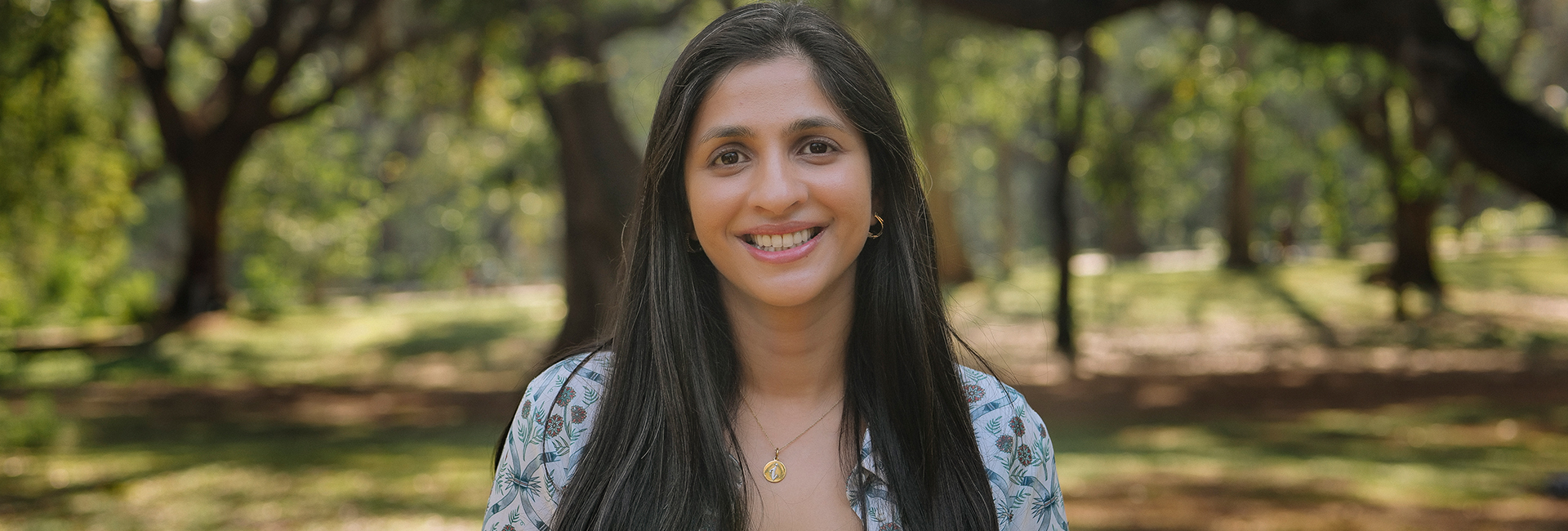
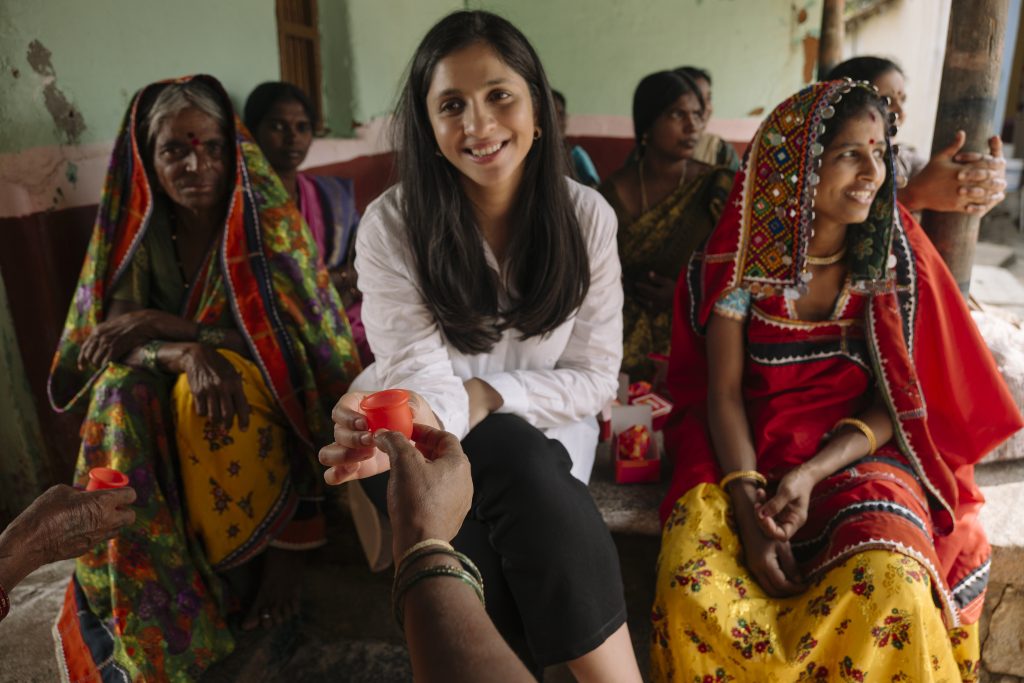 Ira Guha[/caption]
Ira Guha[/caption]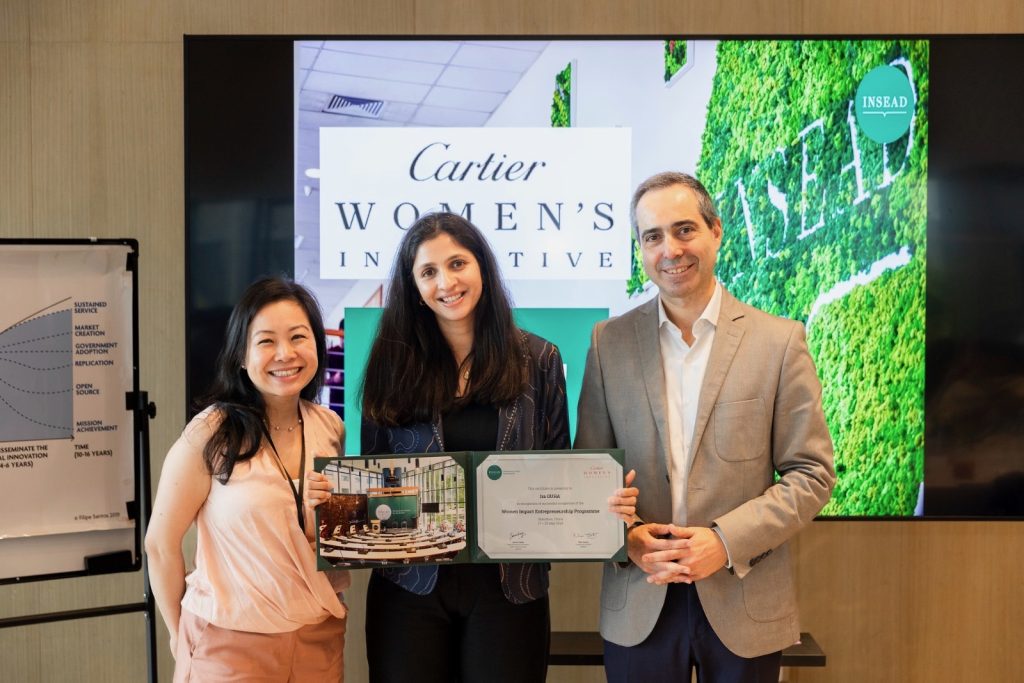
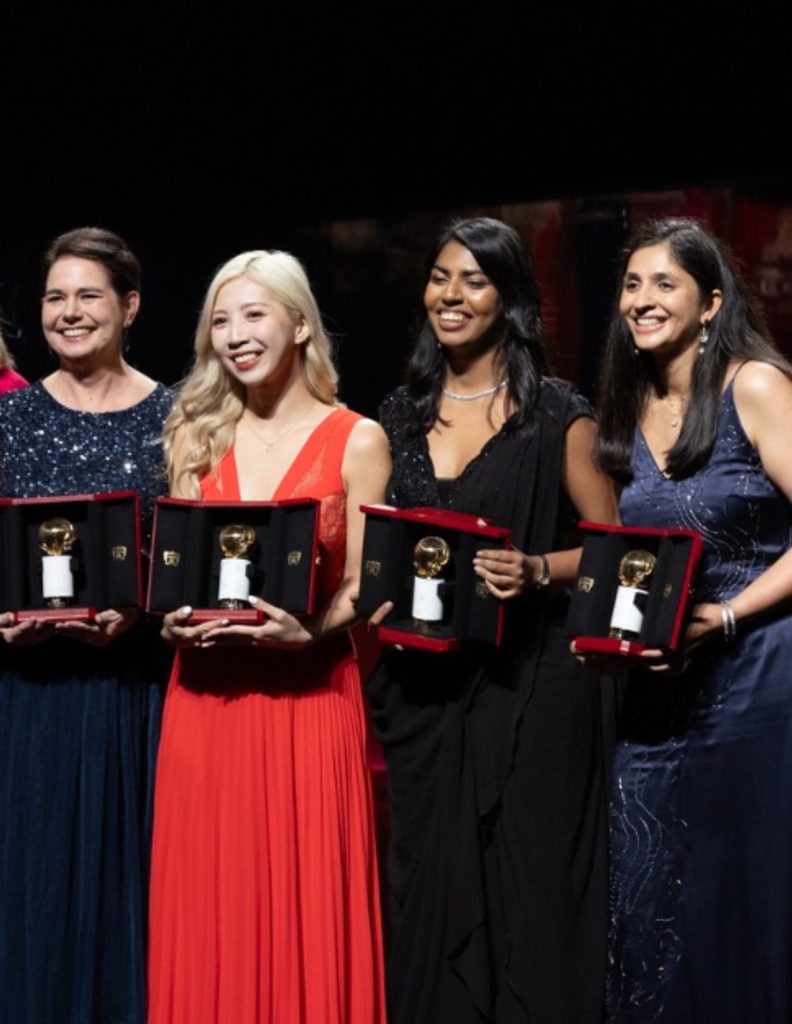

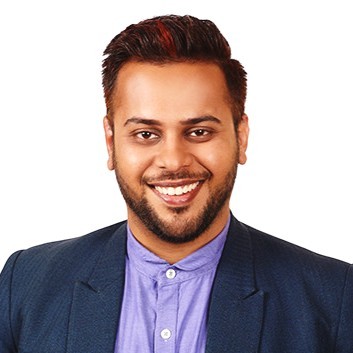 Akshay Makar is the founder of Climatenza Solar.[/caption]
Akshay Makar is the founder of Climatenza Solar.[/caption]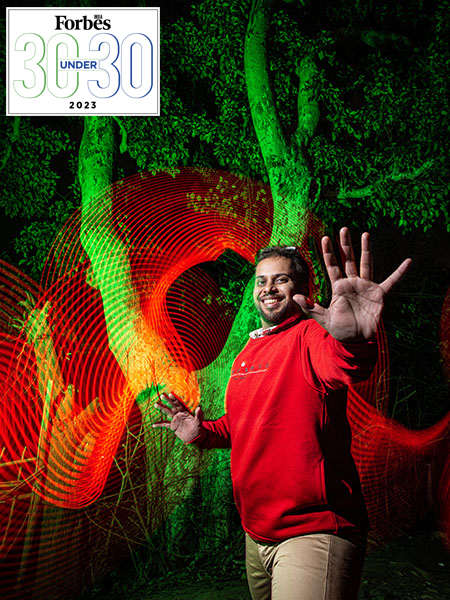 Akshay Makar made it to Forbes 30 Under 30 list (Photo: Forbes)[/caption]
Akshay Makar made it to Forbes 30 Under 30 list (Photo: Forbes)[/caption]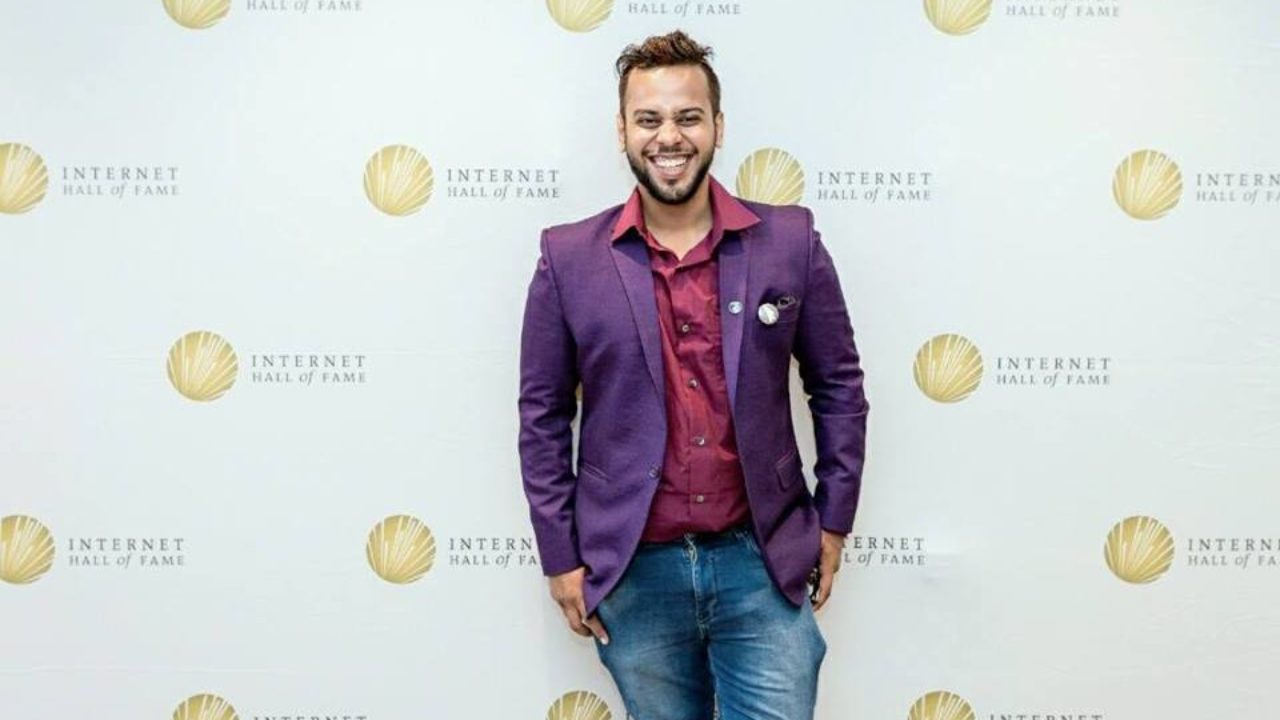
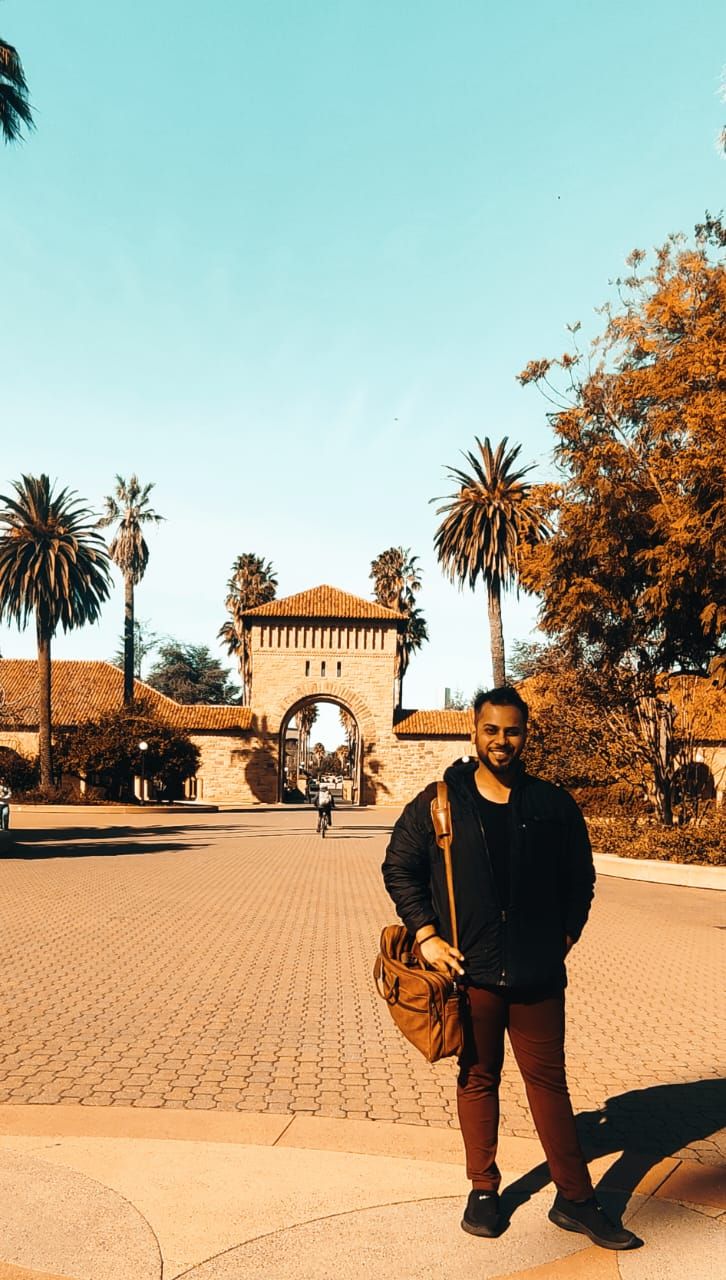 Akshay Makar at Stanford University to meet MBA students.[/caption]
Akshay Makar at Stanford University to meet MBA students.[/caption]